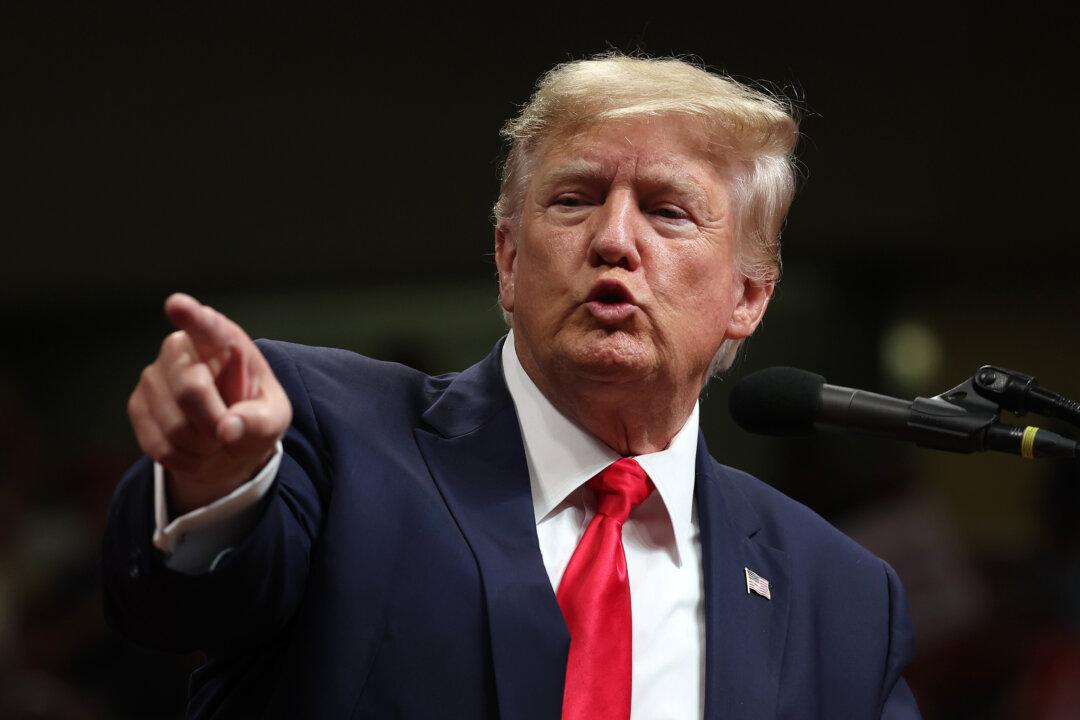WASHINGTON—As former President Donald Trump flirts with announcing a run to retake the White House, his loyalists gathered in Washington for the America First Policy Summit, where a key speech suggested that Trump was part of something larger than himself.
Former House Speaker Newt Gingrich traced Trump’s policies to those of the 1994 Contract With America which he led after the Republicans seized the House for the first time in four decades. He then traces the America First policies further back to Ronald Reagan’s presidency and the agenda Reagan advocated as early as 1965.





